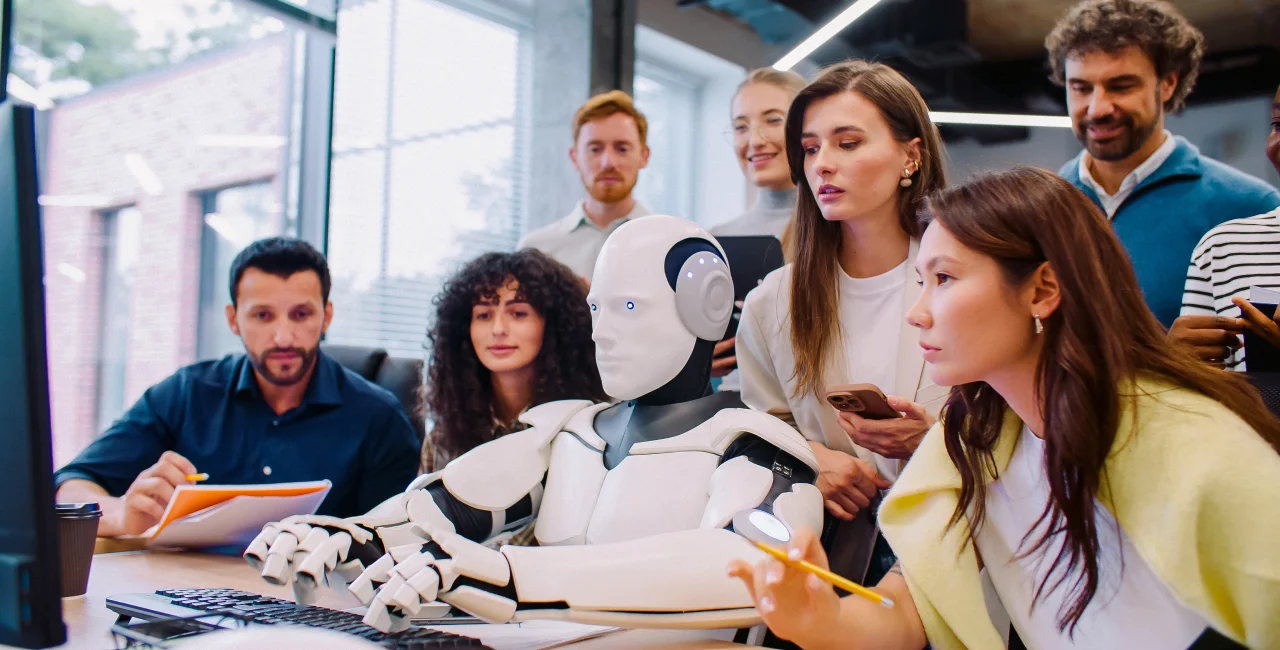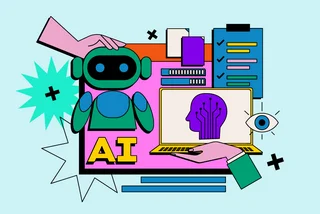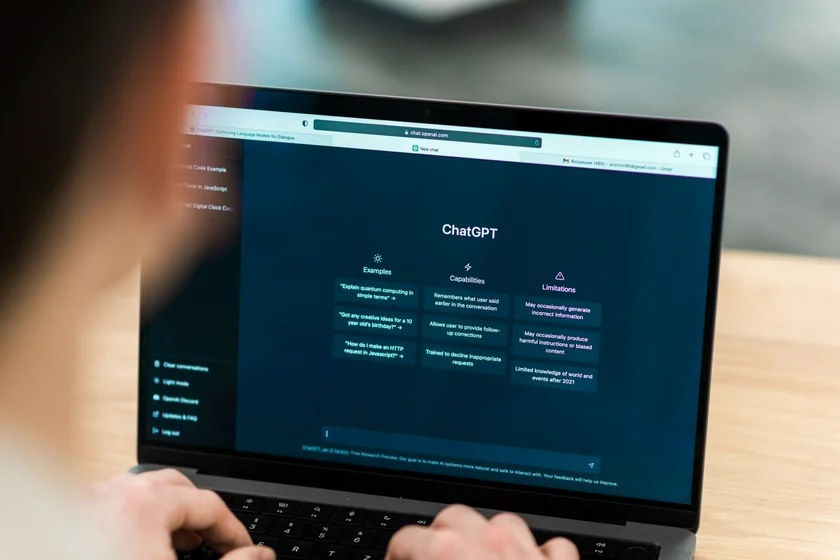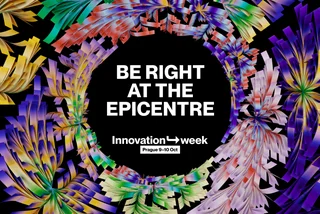It's no secret that technology is moving fast when it comes to AI; the question for Czechia is whether its workforce can keep pace. Startups have already embraced the shift, rolling out new tools and products almost daily. But as most are quickly learning, the bigger challenges ahead aren’t technological—they’re human.
“The AI revolution is here; the trick is to learn how to work with it,” says Ladislav Vlček, AI lead at Accenture. “This doesn’t just benefit companies, but also their employees.” From his experience, real transformation with AI means rethinking how we work, while making sure workers are part of the journey. Now it's especially clear that reskilling has become the name of the game.
Is Czechia ready for the AI revolution?
It’s worth starting with the bigger picture: AI is already impacting the Czech workforce. The Ministry of Labor recently released figures that hint at the scale of change ahead. By 2035, more than 40 percent of jobs in the country could be touched by automation. That translates to roughly 2.3 million roles, with around 600,000 requiring significant retraining.
According to Vlček, these issues are instead more cultural and organizational. He feels that AI is very new, and many leaders are as yet unwilling to invest in it, simply because they don’t quite understand it yet. Increased exposure and smarter applications will push comprehension quicker than previous technological revolutions, but in the meantime, most won’t have to worry about being replaced by a robot before they retire.
Associated costs also make it slower for AI to take over in Czechia. Many companies, especially smaller ones, are hesitant to invest in new technology, even if it is fairly affordable. An even bigger obstacle is data. AI systems need large amounts of high-quality, structured information to work effectively, and few organizations here are in a position to provide it.
Riding the AI wave without wiping out
Upskilling, according to Vlček, is the best way to stay afloat as AI seeps its way into the average workplace structure. “There are few white-collar jobs that won’t see digital helpers enter their workplace,” he emphasizes. “You may want to acquire the skills necessary to work with them.”
Some of these skills are fairly simple, like prompting or learning how to phrase questions so a large language model gives you the answer you need.
But it’s also worth going deeper: understanding how data works, how to structure it, and what steps you can take to make it cleaner and more usable. If you’re very ambitious, or particularly worried, you may even want to pick up more advanced data skills, like some Python or the ability to work with data and machine learning tools.
Is the end of the human workforce near? Not quite. Vlček does not deny that the real magic happens when AI and humans meet. So as you optimize your skillset, don’t forget to hang onto humanity.
Learn more about companies that are changing the AI industry in Czechia.






















